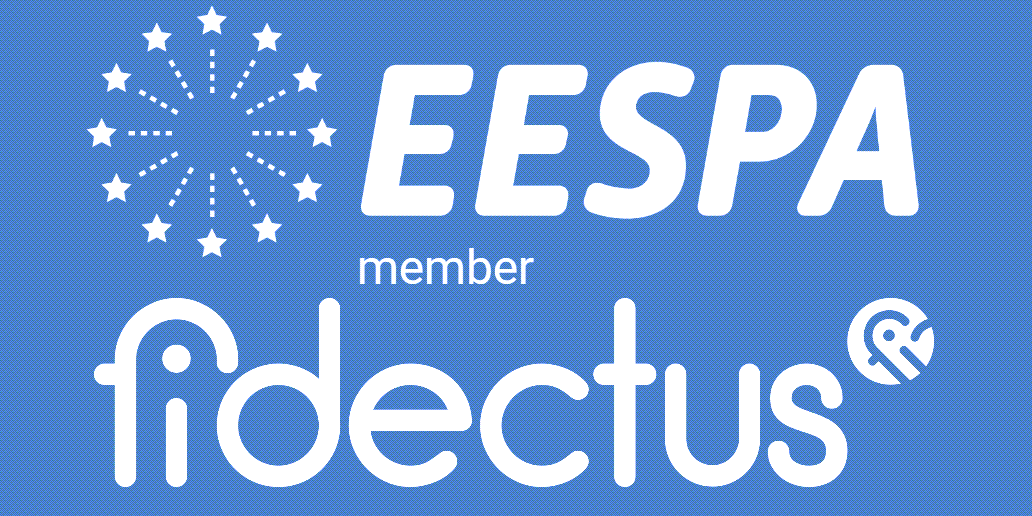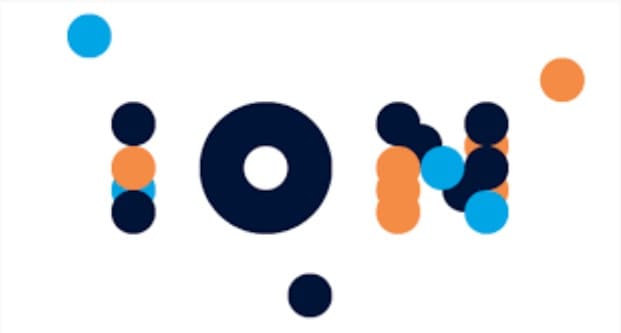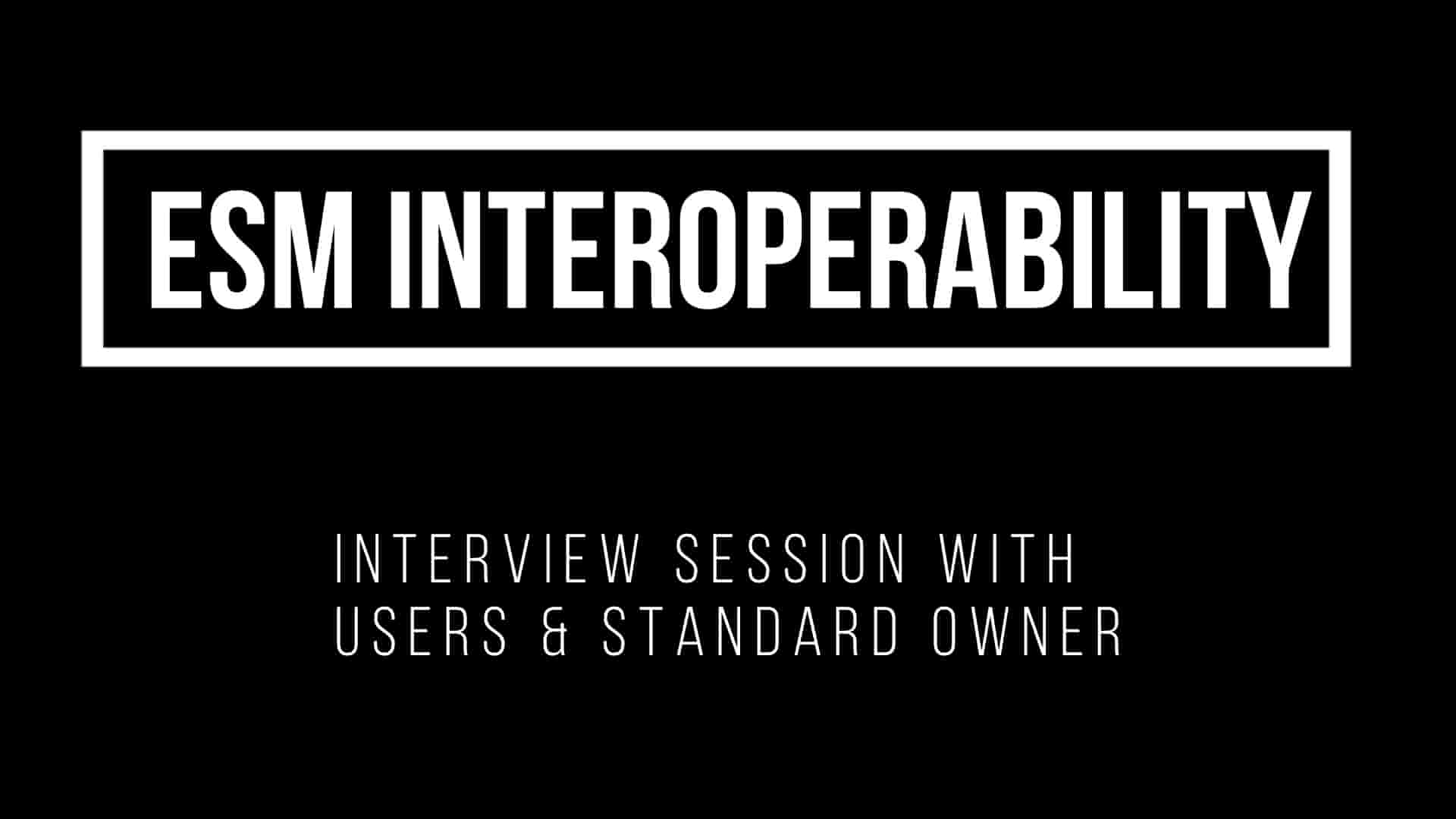Fidectus and SEEBURGER Announce their EFET eCM Interoperability
14/04/2023 – Zurich, Switzerland & Bretten, Germany – A new cooperation between SEEBURGER and Fidectus marks a historic milestone in European energy...
eSM Interoperability – a reality since fall of 2022. Last perceived hurdle for many organizations has been removed. Automating the OTC Post-Trade Lifecycle is now mainstream.
The energy industry has undergone significant changes recently, with a growing focus on digitalization and automation to improve efficiency and reduce costs. One area that has seen significant progress in this regard is electronic Settlement Matching (eSM). The European Federation for Energy Traders (EFET) announced its electronic Settlement Matching Standard (eSM) three years ago, intending to introduce a common electronic communication standard in the energy industry. By standardizing data, data format, and language, individual organizations can automatically reconcile their invoices and purchase orders against counterparty documents, reducing the need for manual intervention and minimizing errors.
However, more than simply establishing a standard was needed to realize the full benefits of eSM. The next step was to ensure interoperability between service providers so that companies could reach and match with the entire market. This market reach would allow organizations to select their service provider based on their internal needs and requirements without being hindered by the network effect.
Since November, eSM interoperability has become a reality. As announced by Fidectus at the Energy Trading Week 2022 in London, eSM interoperability is now in production and used by companies in the industry. "We have a situation now where we have, from EFET Perspective, a standard that works (...), service providers that are not only capable of interoperating but are interoperating," said Stuart Beeston, Secretary of EFET's Operations Committee. To gain insights into the journey of eSM Interoperability and the value it brings to the industry, we interviewed key figures from EFET, RWE Supply & Trading, and ČEZ.
Graeme Bannon, IT Business Analyst at RWE Supply & Trading, sees the benefits of interoperability, especially in the full market range. "We can reach all the companies regardless of what platform they use", he said. Companies like RWE Supply & Trading or ČEZ no longer have to rely on a single service provider and network; they can now reach and electronically match the entire market.
Zdeňka Balková, Back Office Specialist at ČEZ, highlighted the importance of a competitive market aside from the market reach by saying, "Interoperability brings more variety to the market, and we believe it is essential because it promotes healthy competition" Stuart Beeston added that "Markets work better when there is active competition within. I think without competition, you don't see innovation and don't see a drive toward efficiency."
In conclusion, eSM interoperability is a significant step forward for the energy industry. It allows companies to take full advantage of the benefits of eSM, such as automation and cost savings, without being limited by the network of their service providers. A competitive market with total market reach allows companies to choose the service provider based on the features and functionalities which best fit their internal needs and requirements.
Watch the full interview below as they share their experiences and insights on the journey towards interoperability and its impact on the market and their companies.

14/04/2023 – Zurich, Switzerland & Bretten, Germany – A new cooperation between SEEBURGER and Fidectus marks a historic milestone in European energy...

Fidectus announce membership with the European E-Invoicing Service Providers Association (EESPA) to strengthen interoperability and wider adoption of...

1 min read
Zurich/New York - 05 October 2021: Fidectus, a leading post-trade service provider in OTCcommodity markets, and ION Commodities, the largest global...
